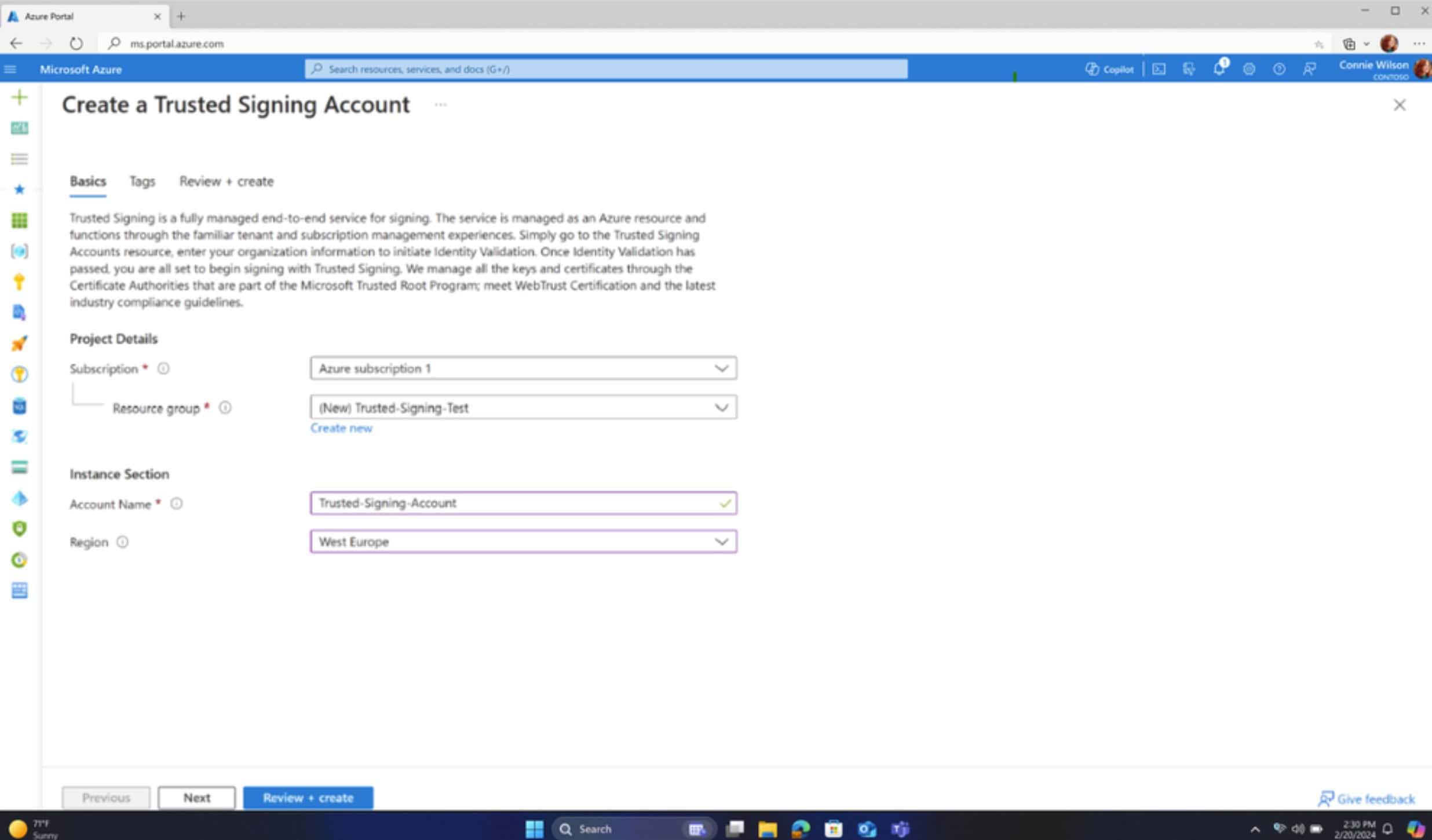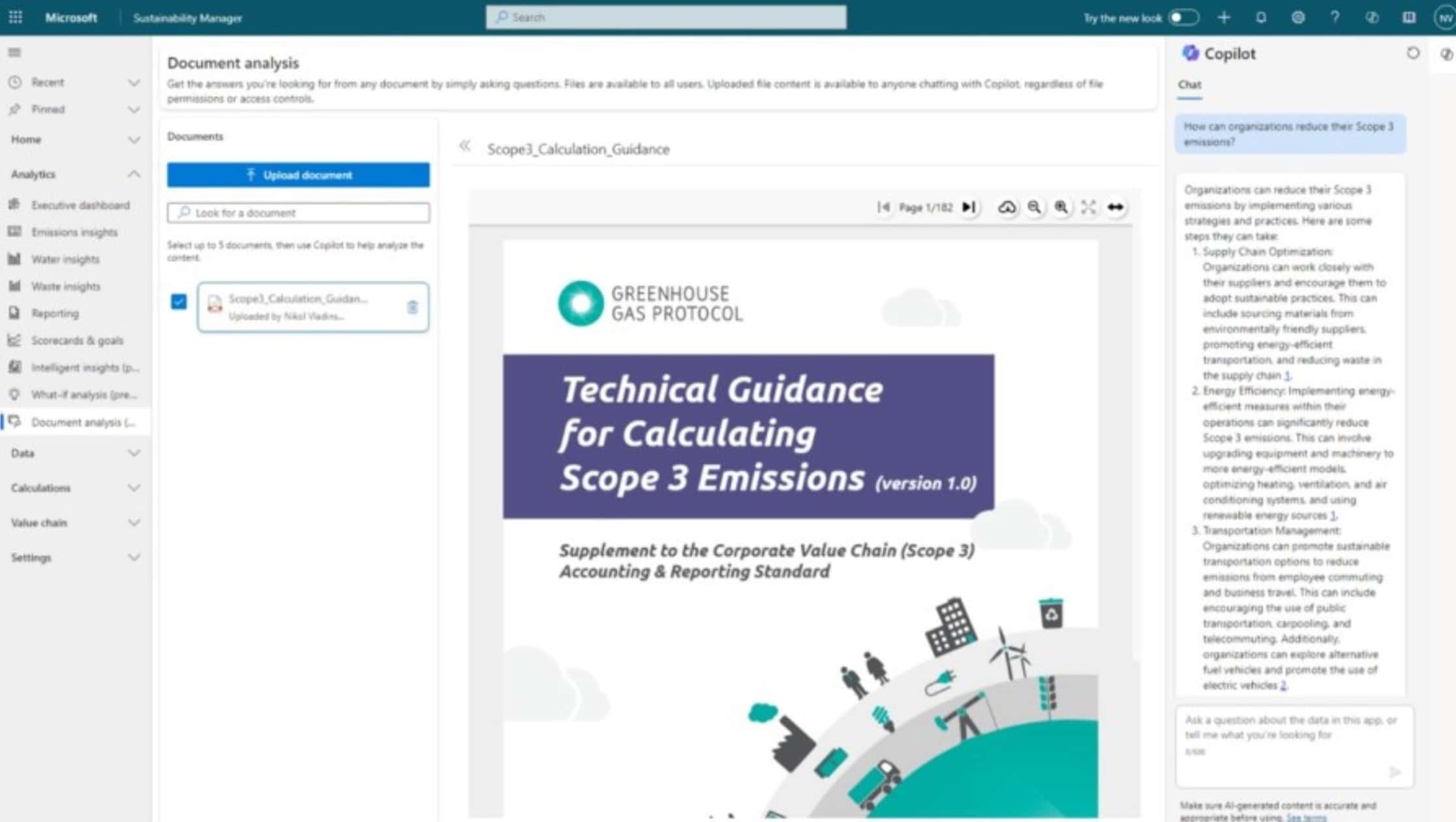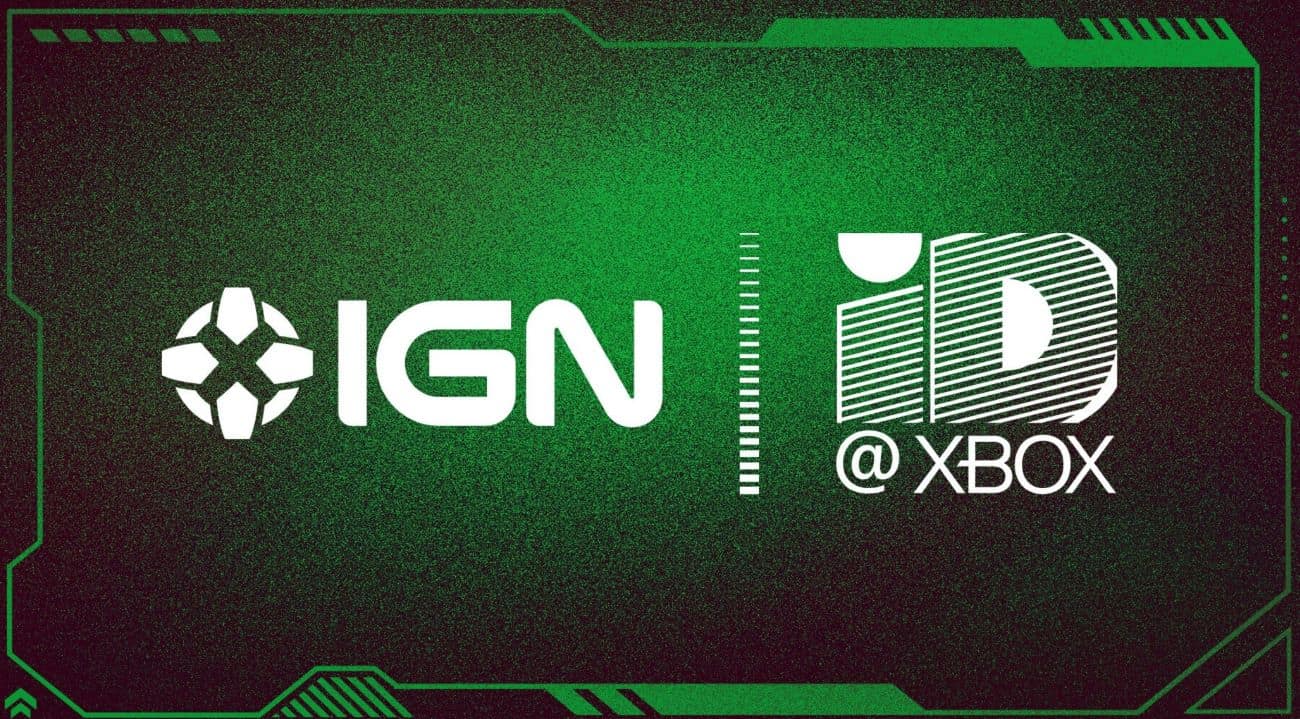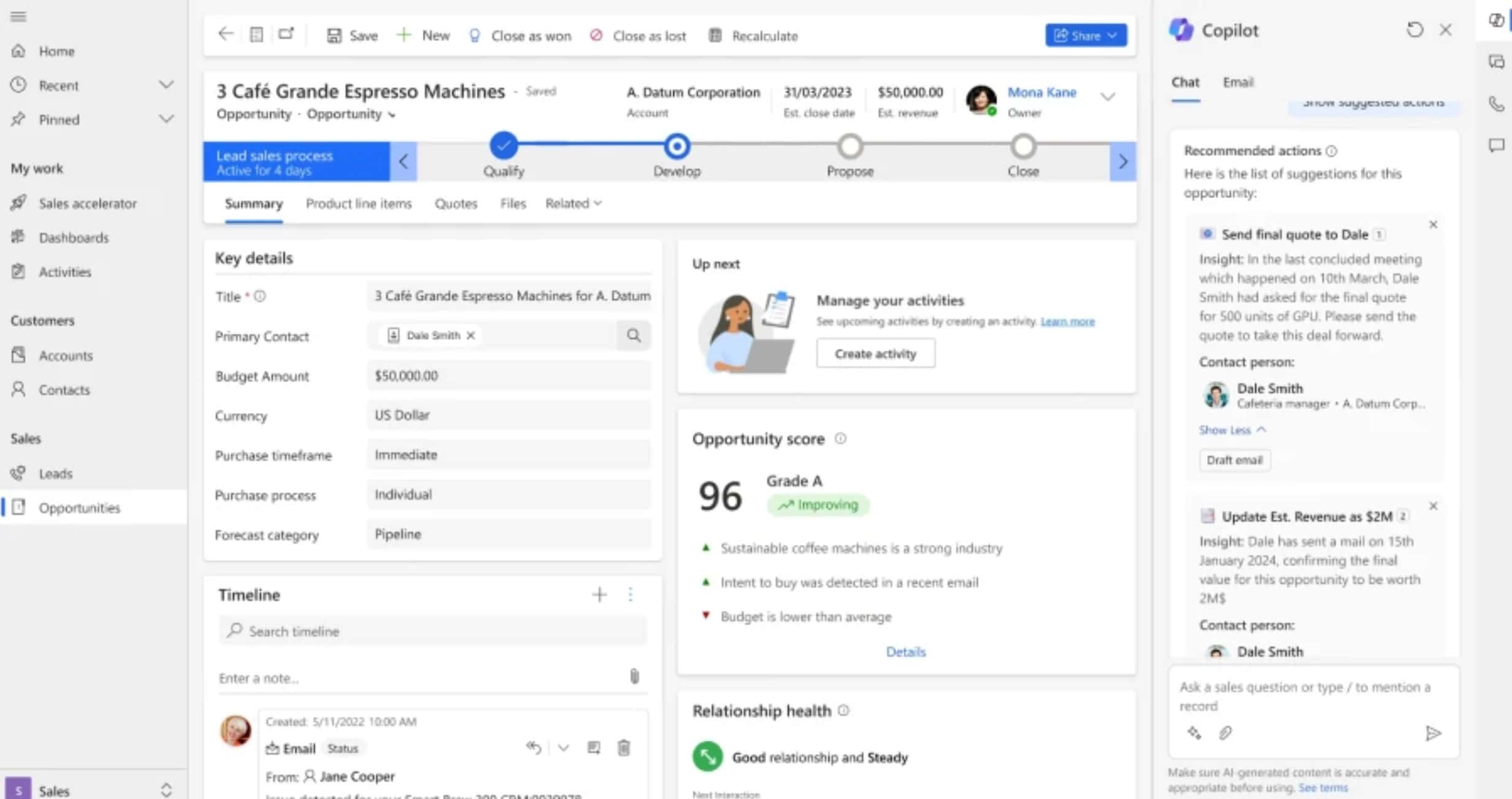Mozilla Cancels Metro Firefox Project; Cites Low Usage & Limited Resources
3 min. read
Published on
Read our disclosure page to find out how can you help MSPoweruser sustain the editorial team Read more
In a lengthy blog post today, released on a Friday evening in an effort to bury the story, Mozilla announced it was cancelling the Metro Firefox Project. The company cited “low usage” and “limited resources.” Having tried out the Metro browser a couple times it was a terrible & buggy piece of software. Also not mentioned in the blog post was that the project was wildly off schedule, like clockwork every few months I would write about how the project had been delayed again and again. I used the first beta of Windows 8 in 2011 we’re now almost quarter way through 2014. Mozilla is clearly struggling to find its identity. With their “limited resources” they seemed to manage to write an entire mobile operating system which has gained little traction as well. Firefox is being overtaken by the popularity of Google Chrome, the very company the are dependent on their funding for. In the mobile space third-party browsers are not hugely popular among mainstream consumers. Which begs the question will Mozilla be relevant 10 years from now.
The blog post from Mozilla:
Earlier this week, I asked our engineering leads and release managers to take the Windows Metro version of Firefox off the trains. The team is solid and did good work, but shipping a 1.0 version, given the broader context we see for the Metro platform, would be a mistake.
Mozilla builds software to make the world better, but we have to pick our battles. We’re not as tiny as we were when we shipped Firefox 1.0, but we still need to focus on the projects with the most impact for our mission; the massive scale of our competitors and of the work to be done requires us to marshal our forces appropriately.
In late 2012, when I started up the Firefox for Metro team (I know that’s not what Microsoft calls it anymore, but it remains how we talk about it in Mozilla), it looked like the next battleground for the Web. Windows is a massive ecosystem and Microsoft pushes its new platforms hard. At first, it looked like we would be locked out completely. We eventually broke open Metro (though never the RT line of ARM-based products) and we got to work.
In the months since, as the team built and tested and refined the product, we’ve been watching Metro’s adoption. From what we can see, it’s pretty flat. On any given day we have, for instance, millions of people testing pre-release versions of Firefox desktop, but we’ve never seen more than 1000 active daily users in the Metro environment.
This leaves us with a hard choice. We could ship it, but it means doing so without much real-world testing. That’s going to mean lots of bugs discovered in the field, requiring a lot of follow up engineering, design, and QA effort. To ship it without doing that follow up work is not an option. If we release a product, we maintain it through end of life. When I talk about the need to pick our battles, this feels like a bad one to pick: significant investment and low impact.
Source: Mozilla








